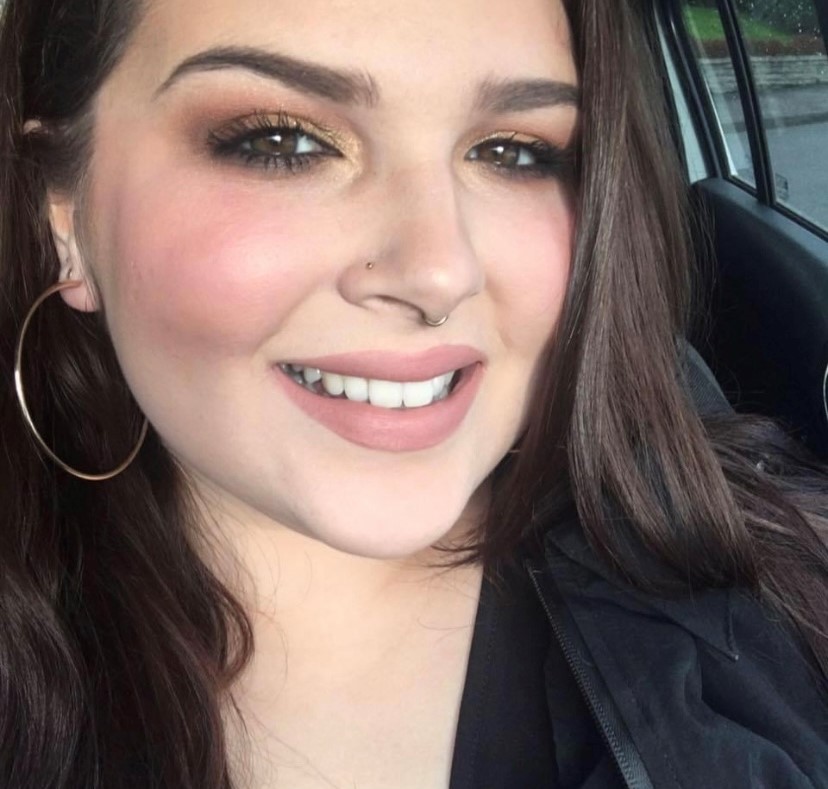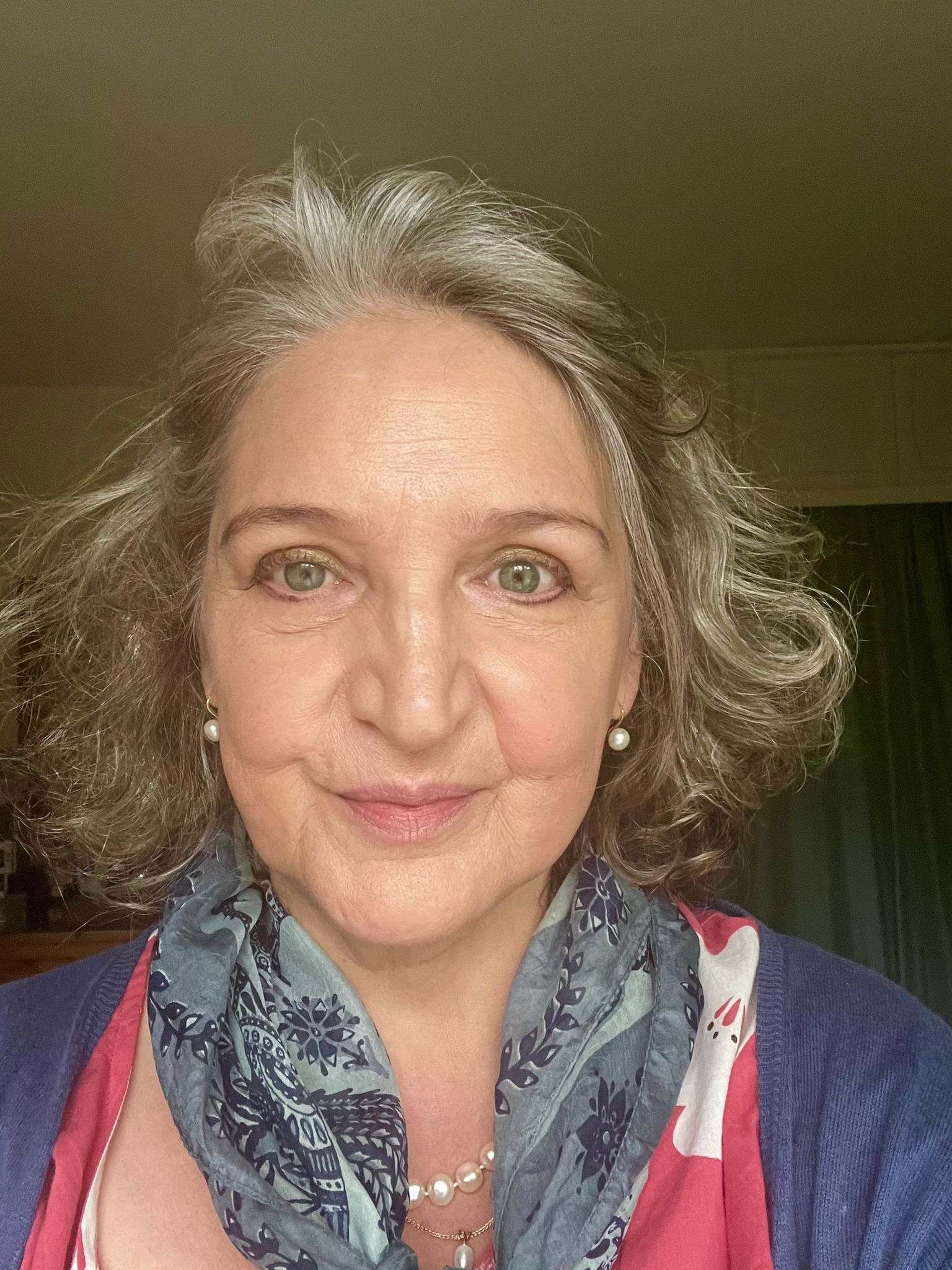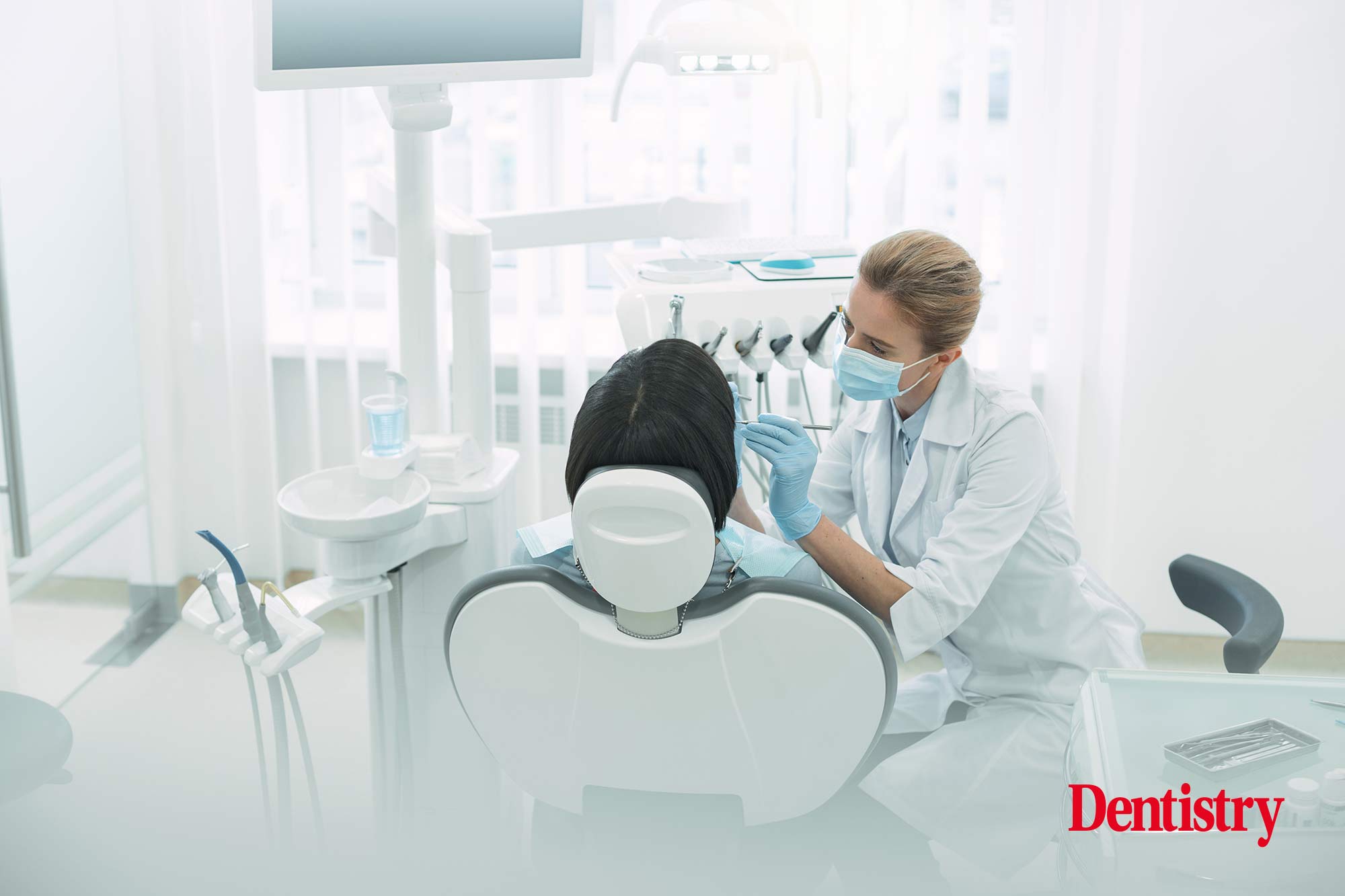Two tongue cancer survivors discuss their diagnoses, highlighting the importance of mouth cancer education amongst healthcare.
Louise Hutchings and Stephanie Haberfield are both survivors of Tongue Cancer.
Following their treatment, they both found support from Young Tongues, a support group for other young people diagnosed with tongue cancer.
As part of Mouth Cancer Action Month, we asked them to share the story of their diagnosis.
Philip Lewis, president of the Mouth Cancer Foundation, has also highlighted the need for dental professionals to be able to detect mouth cancer.
‘The early detection of mouth cancer has been a CPD recommended core subject for a number of years now and most dental professionals recognise signs and symptoms as well as the risk factors associated with the disease.
‘But just as we repeat CPR training each year, it’s essential for professionals to take regular updates. We need to keep our knowledge up to date, learn about new developments and, most importantly, keep our level of awareness high.
‘We see many patients each year. As well as examining them for early signs of mouth cancer, we have a great opportunity to educate and inform patients so that they can help themselves.’
Louise Hutchings

In August 2020, I felt as though I had burned the side of my tongue.
At first I couldn’t see anything, but by the start of September I could see there was a strange little patch of white and red on the border of the right side of my tongue.
I didn’t think anything of it, but it didn’t go away. I had no idea about oral cancer and the importance of getting it checked out.
By December, my sister convinced me I needed to see a GP or a dentist. I went to the GP who was concerned and she asked me to let her know what the dentist’s opinion was since they were more qualified to assess it.
She said she would do an urgent referral to a maxillofacial specialist if I needed it.
I saw the dentist the next day. He was not at all concerned. He thought it may either be geographic tongue, or lichen planus.
I showed him photos that I had taken showing the patch in various lighting, and he said: ‘Cancer doesn’t behave like that, don’t worry.’
He did an examination for oral cancer at my request, because at that point I had convinced myself it was actually cancerous.
He turned and said to me, ‘You have no risk factors. Tongue cancer is an old drinking and smoking man’s cancer’.
‘I learned to live with the discomfort’
This stuck in my head because, during Google searches of my symptoms, I had come across a story of a woman in America who had been dismissed by her dentist. But in the end, she was diagnosed with cancer – only due to her persistence.
With my fears eased, he said he would do a non-urgent referral to a maxillofacial surgeon as a precaution and I went on my way.
I decided because the dentist was so sure there was nothing to worry about, I wouldn’t go back to the GP for an urgent referral.
The patch didn’t go away over the next few months and, due to Covid-19, my referral to a maxillofacial surgeon was very delayed.
I learned to live with the discomfort of my white patch, telling myself it must be lichen planus, and I even got pregnant and had a baby.
In October 2021, the white patch suddenly grew (following the birth of my son). While uncomfortable, it wasn’t too painful so I just took some photos to monitor it.
My referral appointment still hadn’t come through by this stage either.
Then, in February 2022, I started biting my tongue in my sleep, specifically the damaged tissue area, waking myself up. Pain started to radiate through my tongue, jaw and up to my ear.
I was in agony daily
By March, the patch turned into an ulcer and looked as though it was ‘tunnelling’ into my tongue.
I referred back to my photos that I had taken previously and could see a clear difference in its appearance.
This, and my gut instinct that something was wrong, prompted me to go to Spire Private Hospital in Cardiff. I saw a maxillofacial surgeon for an opinion rather than waiting for the original NHS referral to come through.
The Spire consultant thought it may be erosive lichen planus but he did not like the red and white mix of tissue. He referred me back to the NHS (at my request, since he said the waiting times were the same) to have a biopsy.
Due to some miscommunication however, the appointment did not come through for another four weeks.
By that stage, I was in agony daily.
At the biopsy appointment, it was clear that the NHS consultant who saw me thought something was wrong straight away. Two weeks later, it was confirmed that I had squamous cell carcinoma on the right lateral border of the tongue.
From there everything went quickly and efficiently, but getting to that point was tedious.
What I feel should have happened is the dentist should have done an urgent biopsy referral back in December 2020. If it was negative (which I believe prior to February/March 2022 it would have been) I should have still been very closely monitored.
I still don’t know if I had lichen planus originally, or dysplasia, or something else. Also, I feel that the onus was on me to monitor myself for changes and advocate for myself because I didn’t fit the classic risk factors.
I was put too at ease.
Dentistry’s top stories
Stephanie Haberfield

My GP sent me on the urgent pathway to a maxillofacial specialist. A biopsy was taken which came back clear and the nerve sensation disappeared.
Fast forward two years – to the middle of lockdown – I started to wonder if I was lisping a bit, but then dismissed it.
But soon afterwards, I started to have pain as my teeth appeared to be digging into the side of my tongue.
I tried dental wax and various rinses, but having spoken to my GP by phone, she told me to try to see my dentist face to face.
Finally I managed to get an appointment (he was barely open at that time) and he knew about my previous biopsy.
I asked him as clearly as I could if it was anything to worry about. He said no – despite the new ear pain.
My GP prescribed steroids, then nystatin and then six weeks later, I saw the dentist again. By this time, I was in a lot of pain and my tongue was visibly enlarged and, frankly, a mess.
I could have avoided radiotherapy
Once again, he said that he saw nothing wrong with my tongue, but wondered if one tonsil might be swollen. He then suggested my GP refer me to ENT (not a maxillofacial specialist).
The next month happened quickly.
Biopsy, ultrasound, CT and MRI. The end result was hemiglossectomy, neck dissection T3N0M0 and adjuvant radiotherapy.
Without that initial delay, I would almost certainly have avoided radiotherapy.
It took me a year to summon the mental energy required to go and let this dentist know what had transpired.
I was calm. I told him that I wasn’t going to complain or sue, but I wanted to make sure that he never ever missed a similar case again.
It was cathartic for me – and hopefully slightly shocking for him. The next week, he wrote to me – mortified – and assured me that he was in the process of re-engaging with additional training.
It’s been rubbish for me. But if I can prompt anybody into getting an early diagnosis, rather than dismissing strange changes in the mouth, then that helps me in my recovery too.
Read our other articles for Mouth Cancer Action Month:
- ‘Your efforts could save a life’: how you can help against mouth cancer
- ‘It’s definitely not cancer’ – finding support after my tongue cancer diagnosis
- Mouth cancer on the rise in UK, says report.
Follow Dentistry.co.uk on Instagram to keep up with all the latest dental news and trends.



